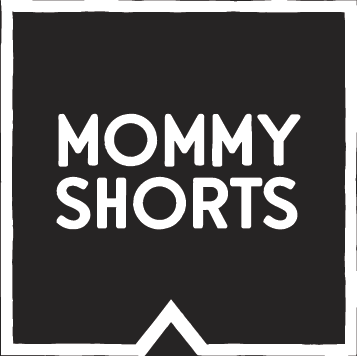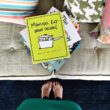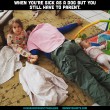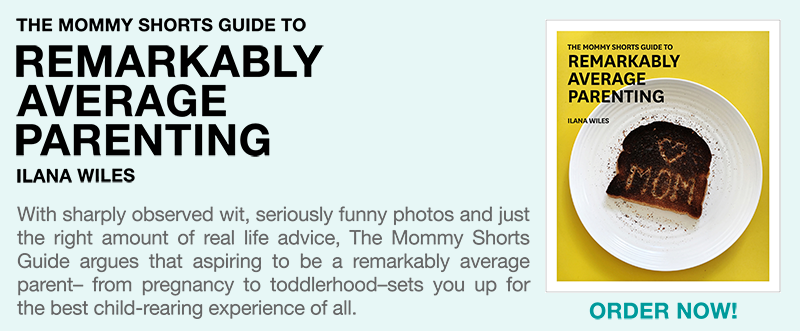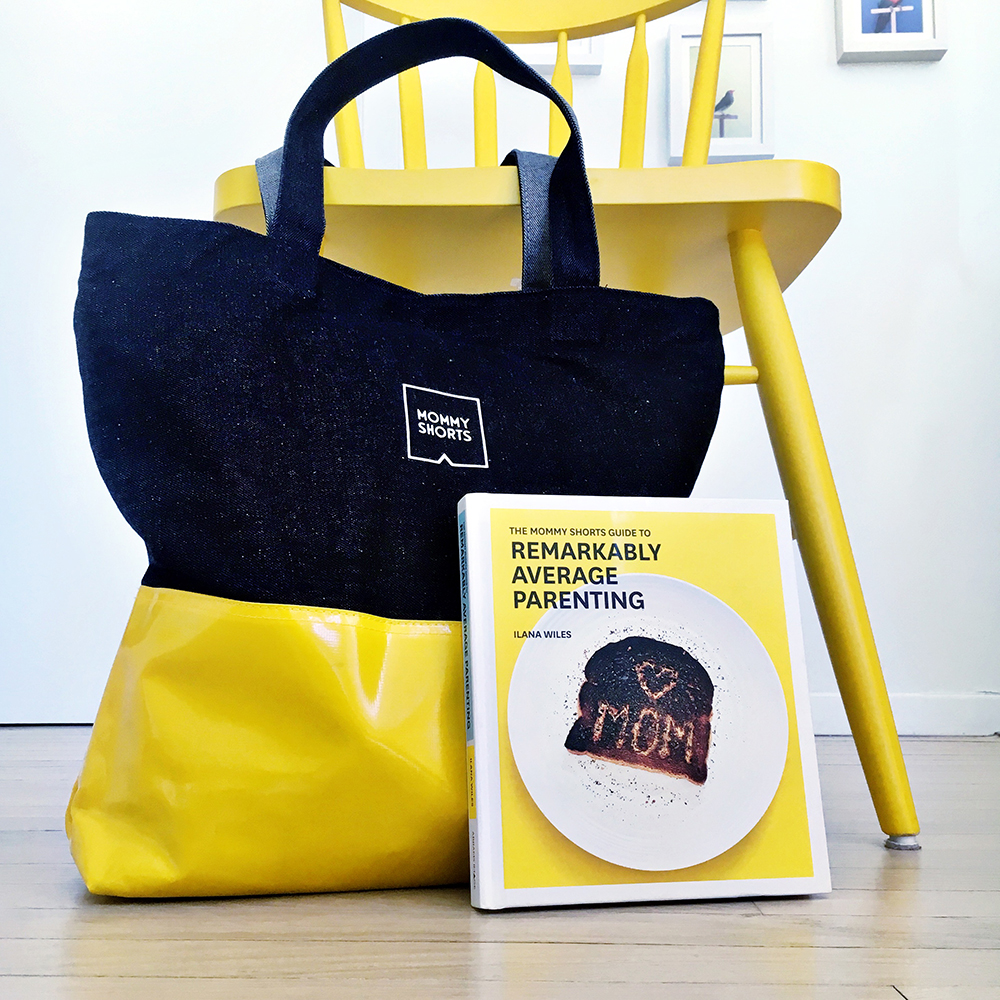Dr. B (AKA my sister) has a doctorate in school psychology specializing in early childhood development. She is gonna help us figure out what the hell to do with our babies. Especially if you’re like me and intelligent baby game ideas isn’t a naturally occurring thing. For instance, Mazzy started pointing recently and Dr. B instructed me to say the word of the thing she is pointing to instead of doing something incredibly stupid like saying, “Yay! You’re pointing!” (Oops). Last week we were introduced to the revolutionary game of Ball Roll (which is now updated with Mazzy’s response and rating). Today we’re talking music and movement. And using big words like ‘phonological‘. This is not a joke people. Dr. B is the real deal.
 Introduce at: The sooner the better
Introduce at: The sooner the better
How you play: Play a baby CD of classic songs
(e.g. Head Shoulders Knees and Toes, Old McDonald Had A Farm, The Itsy Bitsy Spider, etc.) and incorporate movement and/or objects into each song. One option is to give your child a rattle, maraca
or tambourine to shake while listening to the song. Another option is to point to objects (e.g. farm animal puppets
during Old McDonald or body parts during Head Shoulders Knees and Toes) as they are introduced in the song. Grab your child’s attention by doing the movements yourself and then show your child how to point to each body part or farm animal as the song plays. Introduce each movement gradually waiting for him/her to master one movement before introducing the next.
Why it is good for the baby: Music provides a fun and engaging way to interact with your child. Research suggests that there is a strong connection between the rhythmic pattern in music and early literacy (such as emerging phonological awareness). Music also creates a relaxed state which serves to increase children’s receptivity to learning. Music and movement helps children learn to listen, follow instructions, comprehend language, and improve motor coordination.
Editor’s Note: Previously, I had made the choice to stay away from the typical children’s CDs because I found them annoying, opting to sing the songs myself. Bad move. Using a baby CD of classic songs
helps me engage with the baby longer because I’m not struggling to remember more songs and easily getting bored. Having the longer version of the songs helps me repeat an action more than I would if I were singing the song myself which obviously makes it easier for the baby to learn.
Check out Dr. B’s section of the Mommy Shorts Shop for recommendations of her favorite developmental toys and books.
